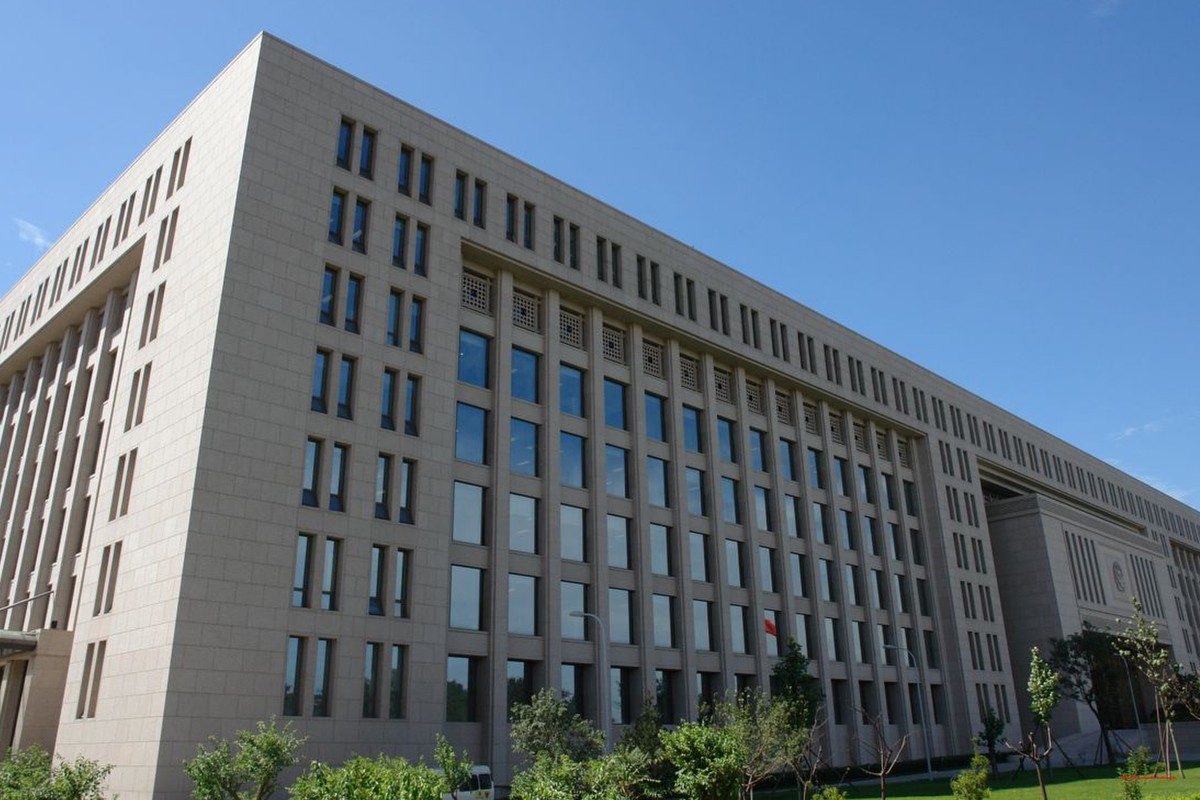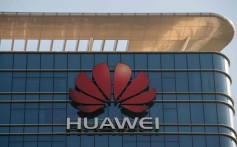China’s usually low-profile spy agency, the Ministry of State Security or MSS, has been cast into the international spotlight in recent weeks.
Intelligence agencies are by nature secretive, but China’s MSS seems to operate under a heavier veil of secrecy than most – unlike the CIA or MI6, it does not have an official website, any publicly listed contacts or spokesmen or women.
Not much is known about China’s sprawling espionage operation, but this is what we do know.
What is the MSS?
The Ministry of State Security is China’s main civilian intelligence agency. Formed in 1983, it is responsible for counter-intelligence, foreign intelligence, as well as domestic surveillance and intelligence for national security – so it is often described as something like a cross between the CIA and FBI.
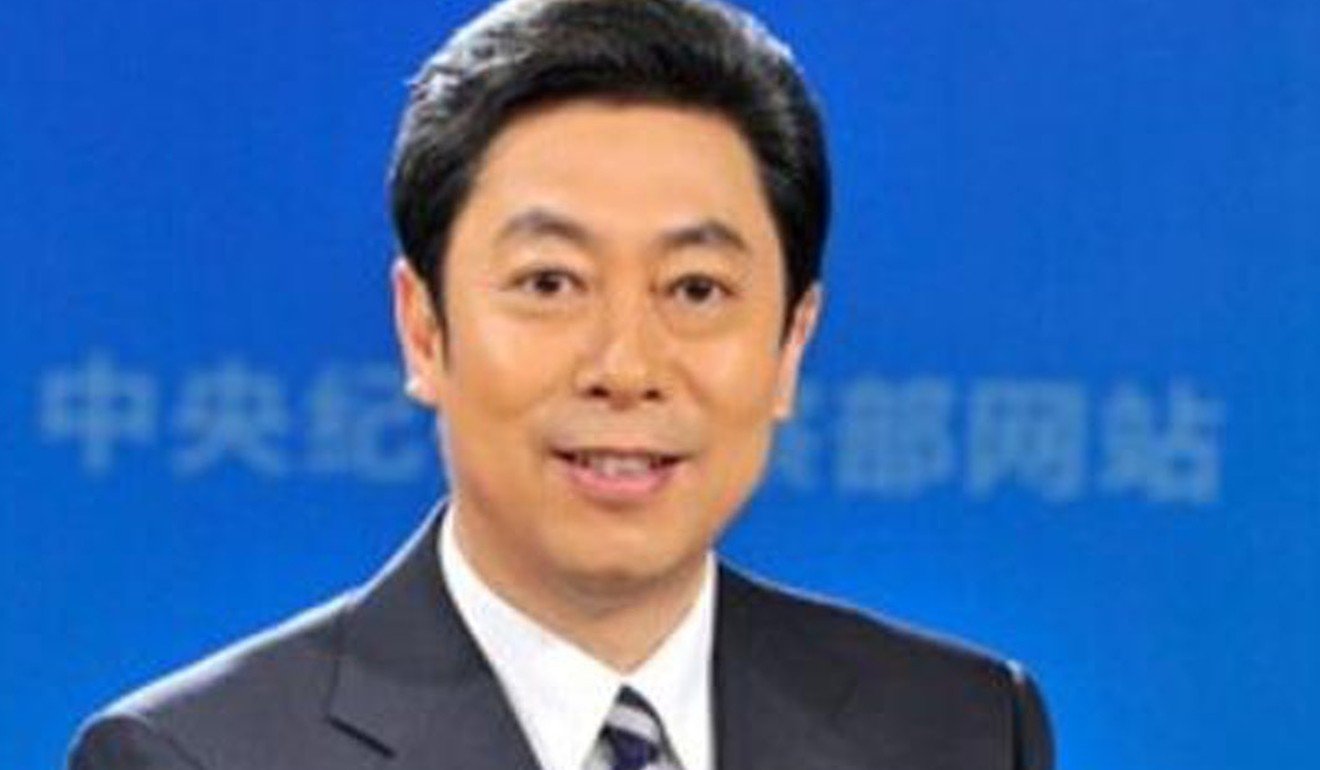
Like other ministries under the State Council, China’s cabinet, the MSS has a vast network of provincial and municipal branches across the country.
Who is the spy agency’s chief?
The MSS is headed by Chen Wenqing, who spent two decades in the security forces in his home province of Sichuan. Before joining the spy agency in 2015, Chen was a deputy to former anti-corruption tsar Wang Qishan at the Communist Party’s graft watchdog for more than two years.
While the names of the spy agency’s deputy ministers are not usually disclosed, one of them – the now disgraced Ma Jian – was identified for his ties with Guo Wengui, a high-profile fugitive tycoon who is living in the US.
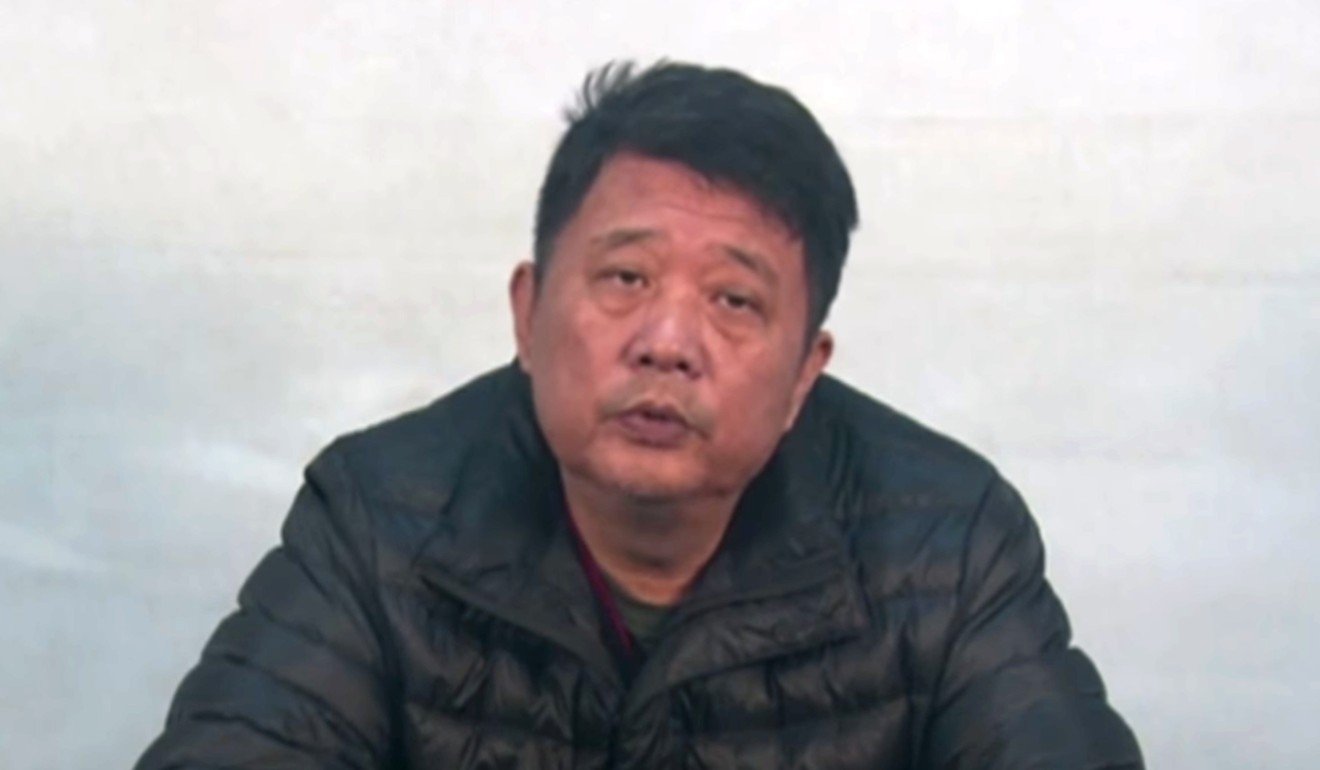
The identity of another deputy spy chief, Qiu Jin, was revealed when he escorted then Chongqing police chief Wang Lijun to Beijing. Wang had taken refuge at the US consulate in nearby Chengdu in early 2012 when his relationship with then Chongqing party boss Bo Xilai turned sour.
What are its powers?
Under the National Intelligence Law enacted in 2017, the MSS – along with other intelligence authorities – has broad powers to conduct various types of espionage activities both in China and overseas, to monitor and investigate foreign and domestic individuals and institutions, and it can order them to engage in or support intelligence activities.
It is also empowered to administratively detain those who impede or divulge information on intelligence work for up to 15 days.
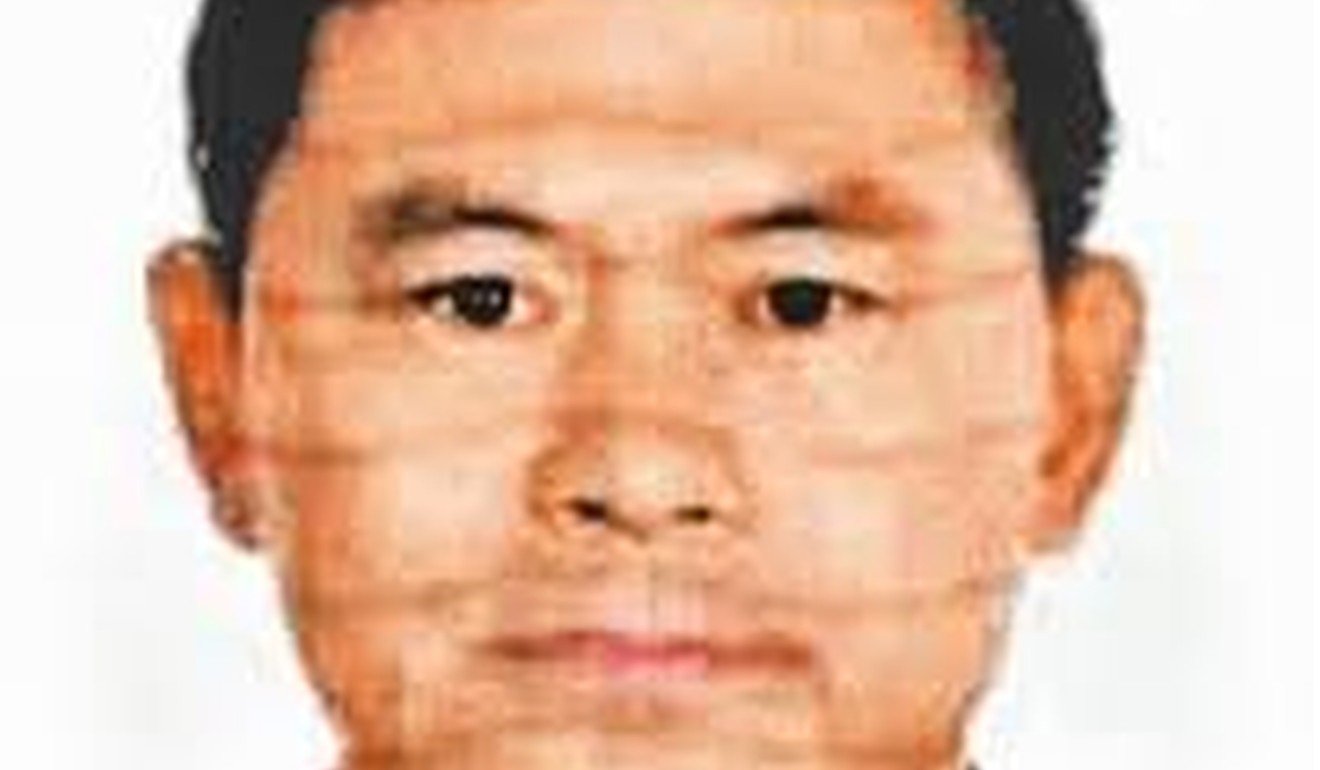
Under China’s Criminal Procedure Law, the MSS has the same authority to arrest or detain people as regular police for crimes involving national security.
Endangering national security?
The two Canadians – former diplomat Michael Kovrig and businessman Michael Spavor – have both been detained by the MSS on the grounds of allegedly “endangering national security”.
In China, the charge is extremely broadly defined and is frequently used to target political dissidents and human rights advocates.
In 2016, Swedish NGO worker Peter Dahlin was detained for more than three weeks by the MSS on the same charge. He was deported after being forced to make a “confession” on state television.











